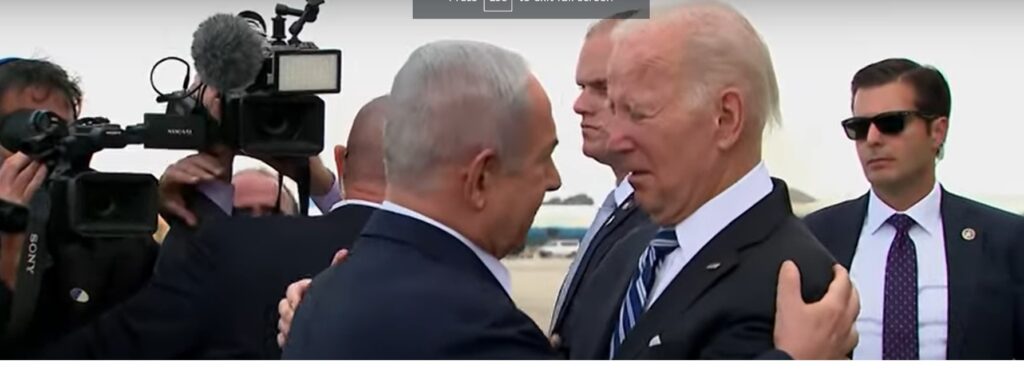Israel and the US are eagerly awaiting Hamas’ response to an American proposal, presented by CIA chief William Burns during discussions in Cairo.
This proposal aims to secure the release of the Israeli hostages and initiate a ceasefire in the Gaza Strip.
Despite Hamas issuing several negative responses to the proposal, a final decision is pending. Israeli security officials anticipate rejection.
President Biden faces immense pressure to achieve a breakthrough, both for securing a hostage deal and implementing a ceasefire. He recently reached out to Egyptian President Abdel Fattah al-Sisi and Qatari ruler Sheikh Tamim bin Hamad in a bid to persuade Hamas to accept the deal.
However, it’s important to recognize that these leaders may have limited influence over Hamas. In reality, Yahya Sinwar, currently entrenched in tunnels in Khan Yunis, holds significant sway over negotiations, alongside Muhammad Def.
Sources within Hamas suggest that decisions are made collectively, but Sinwar is the primary decision-maker in this conflict.
Egypt and Qatar lack leverage over Sinwar and Def, who hold the final say on the release of hostages.
The American compromise proposal fails to satisfy Sinwar’s desire to maintain power in Gaza.
While it addresses humanitarian concerns and aims to prevent civilian casualties, Hamas perceives it as biased towards Israel’s interests, potentially prolonging the conflict.
President Biden’s conversation with Egypt and Qatar underscores his administration’s vulnerability in the region.
He acknowledges the US’s limited leverage over Hamas, which still enjoys popular support in Gaza despite recent destruction.
President Biden’s push for a ceasefire also aims to mitigate potential Iranian retaliation following the assassination of Quds Force commander Hassan Mahdavi in Syria and Lebanon.
All signs point to Sinwar rejecting the American proposal, further challenging President Biden and Netanyahu.
Their failure to neutralize Hamas’s main bargaining chip, the Israeli hostages, has emboldened Sinwar.
The IDF’s intervention may ultimately decide the course of the war by locating Sinwar and Def. Investing in superior intelligence efforts to locate them, potentially in Rafah or central refugee camps, is crucial.




